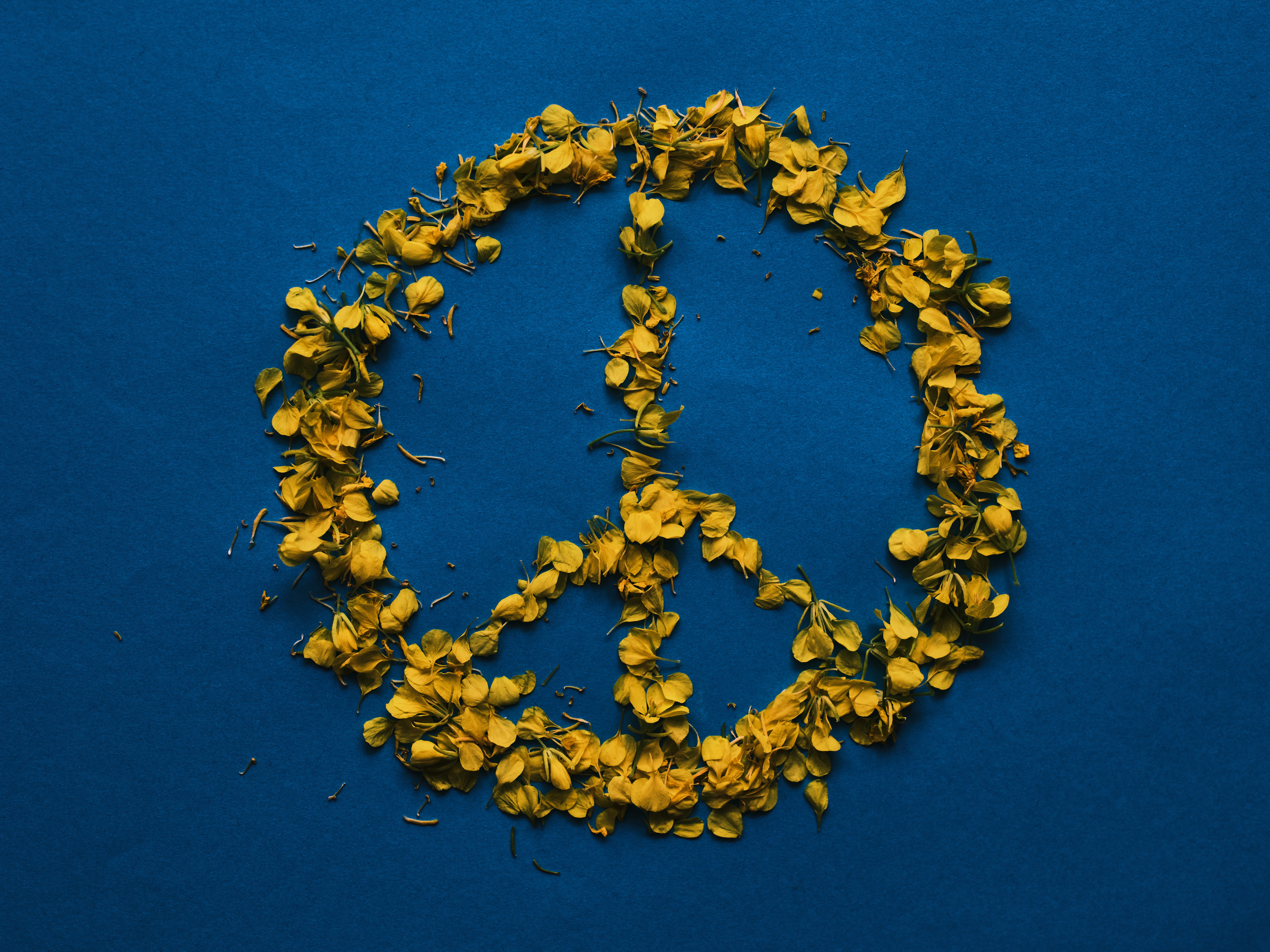
If you have been in tune with social media, the news outlets, and keep up with the politics of the world, you know the horrors that are taking place. The current events that are transpiring in Ukraine are traumatic, to say the least. Although we might be hundreds of thousands of miles away, the images on display are graphic, tragic, and saddening.
These images that are displayed throughout social media can create stressors related to mental, physical, and emotional health. Anxiety and post-traumatic stress symptoms do not only correlate with primary exposure to such images. Secondary exposure to disturbing content is also linked to the same symptoms. It is important to be aware of these symptoms that can further escalate into a diagnosis of post-traumatic stress disorder (PTSD).
What is PTSD?
Adults and children who have PTSD represent a relatively small portion of those who have been exposed to trauma. This difference is not yet well understood but we do know that there are risk factors that can increase a person’s likelihood to develop PTSD.
Risk factors can include prior experiences of trauma, and factors that may promote resilience, such as social support. This is also an ongoing area of research.
We do know that for some, our “fight-or-flight” biological instincts, which can be life-saving during a crisis, can leave us with ongoing symptoms. Because the body is busy increasing its heart rate, pumping blood to muscles, preparing the body to fight or flee, all our physical resources and energy are focused on getting out of harm’s way. Therefore, there has been discussion that the posttraumatic stress response may not be a disorder per se, but rather a variant of a human response to trauma.
Whether you think of these symptoms as a stress response variant or PTSD, consider them a consequence of our body’s inability to effectively return to “normal” in the months after its extraordinary response to a traumatic event.
Getting Support
Relaxation, mindfulness, and talking it out are a few ways to decrease stressors related to images on display. Have you thought about limiting your exposure to such graphics? That might mean you are utilizing social media less, refraining from tuning in to the news channels all day, or stepping away from technology.
There are many different forms of treatment for PTSD that include therapy, medication management, holistic methods, as well as group approaches. Click below to find out more information.
Posttraumatic Stress Disorder | NAMI: National Alliance on Mental Illness
You can also show support to others and help Ukraine. According to Psychology Today and NPR, there are many different ways that we can show our support overseas:
- Doctors Without Borders (Médecins Sans Frontières) is setting up emergency response activities in Ukraine and dispatching teams to Poland, Moldova, Hungary, Romania, and Slovakia. Teams are also ready to respond in Russia and Belarus.
- The International Committee of the Red Cross is supporting the work of the Ukrainian Red Cross and helps people affected by the conflict.
- The International Medical Corps. This global nonprofit has been delivering primary health care and mental health services in eastern Ukraine since 2014, and is raising funds to expand these services for Ukrainians affected by this current conflict.
- Return Alive Foundation. This NGO arranges life-saving equipment for Ukrainian soldiers and command.
- Save the Children. This London-based organization helps deliver lifesaving aid to children in Ukraine and around the world.
- United Help Ukraine provides medical aid and humanitarian relief for the Ukrainian people.
- The United Nations Children’s Fund (UNICEF) supports health, nutrition, education, safe drinking water, sanitation, and protection for children and families caught in the conflict.
- The United Nations Refugee Agency (UNHCR) provides emergency assistance to families in Ukraine.
- Voices of Children provides aid to traumatized children affected by the armed conflict.
If you or a loved one are experiencing symptoms of PTSD and are in need of support, help is a click away. We have trained therapists and counselors that can help you.
Exceptional Wellness Counseling will be sponsoring a walk to raise money for Ukraine through United Help Ukraine. If you are able to donate please do so! Thank you!
Erica Marriaga is a proud fur-mama of her two rescue dogs, Toby and Tucker. She loves to spend time with her husband and bond with her family, nieces, and nephews. Erica is passionate and enthusiastic about her role as a therapist.
EWC has locations in Manalapan and Shrewsbury, NJ, and accepts a variety of insurances.
Check out Erica’s professional bio here!
Email Us: info@exceptionalwellnesscounseling.com
Call Now: (908) 415-2042
NEXT STEPS & RESOURCES
- Are you ready to take your first step? Reach out to us.
- Do you feel you may benefit from counseling during this time? Take the first step.
- Interested in online counseling? Learn more.
- Resources
